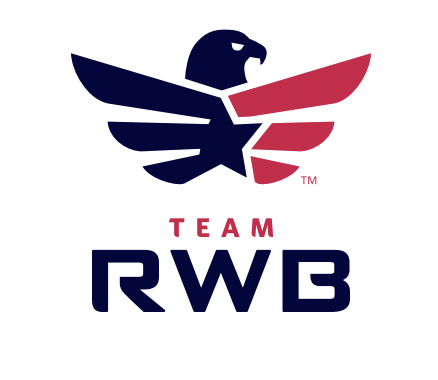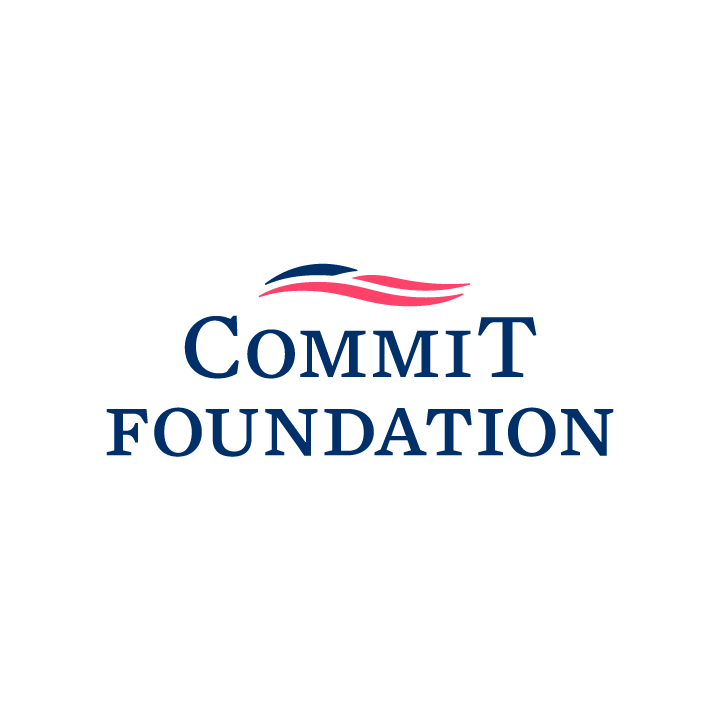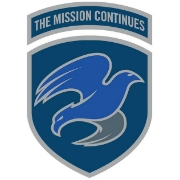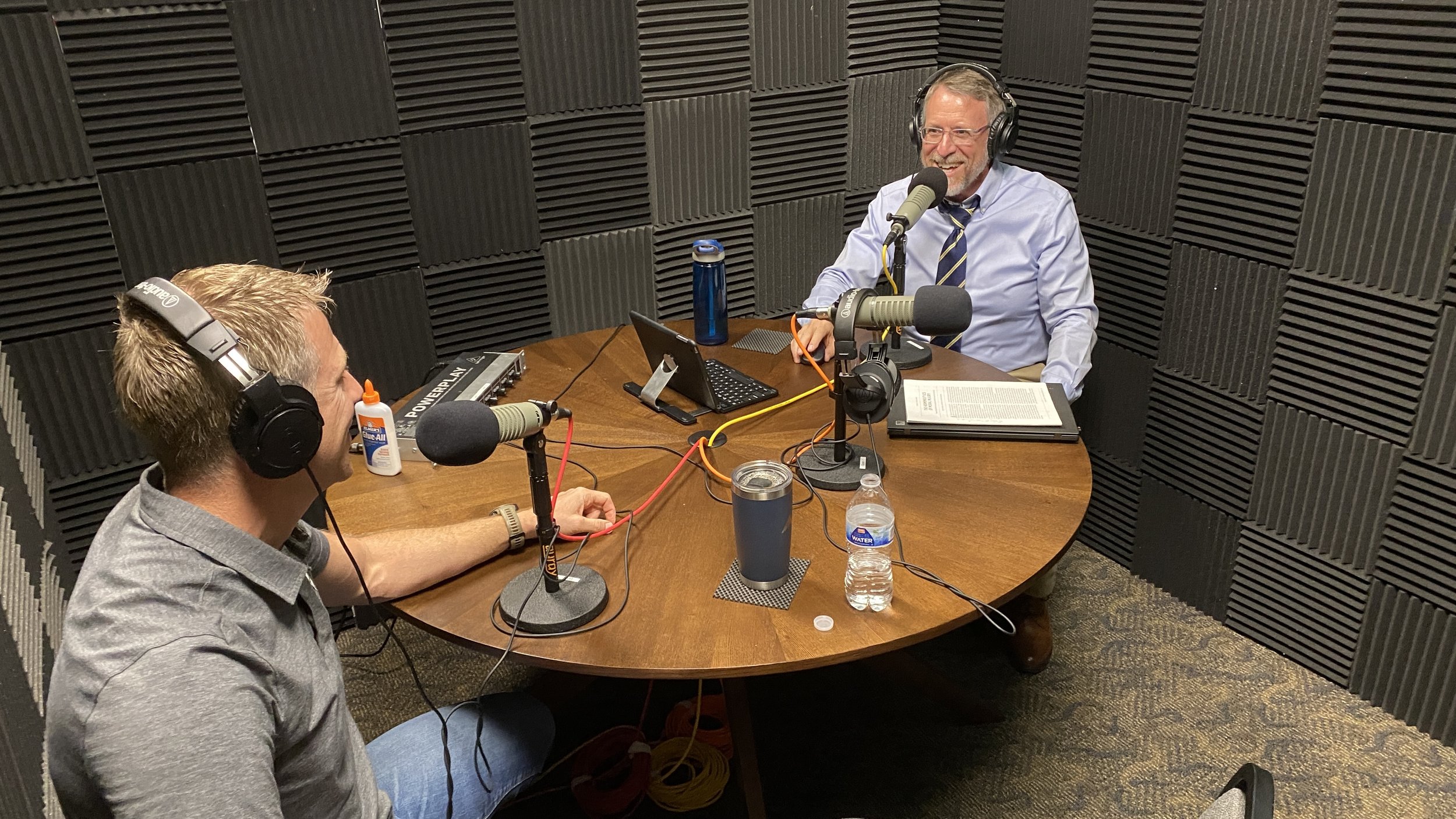Proximity: Caring for Those Wounded by War
Proximity aims to increase awareness and understanding of moral injury, empowers care providers to serve veterans, and enlists the support of the community in caring for those who have been wounded by war.
This site serves as a knowledge hub for the project and will be adjusted as we continue to explore this critical topic. The point of contact for this site is Brandon Young.
While the community of medical, psychological, and pastoral care providers have begun to explore and better understand moral injury over the past ten years, the end of the war in Afghanistan created a sense of urgency in taking action to support veterans afflicted by their invisible wounds. Many veterans are re-experiencing their invisible wounds such as post-traumatic stress disorder (PTSD), traumatic brain injuries (TBI), and moral injury. While many programs exist to address PTSD and TBI, we are just now beginning to understand moral injury. Dr. Jan McCormick defines moral injury below.
(1) The injury (or wound) to the soul experienced as a result of a traumatic event, (2) a disruption in an individual’s confidence and expectations about his/her own moral behavior (or others’ capacity to behave in a just and ethical manner), (3) or the injury or wound in the soul that results when two deeply held ethics (or beliefs) collide and must result in choosing one ethic (or belief) over the other.
Moral injury results in shame, guilt, and isolation. Processing shame and guilt in isolation exacerbates PTSD symptomology and contributes to the growing veteran/military suicide rate. The military suicide has doubled in the last 20 years to become the leading cause of death in the military population in America. Veterans need a community of loving relationships, and pastoral care providers to walk through this process with them as they process their moral injuries. The community’s role in healing is critical and simple: show up and love others.
watch proximity: caring for those wounded by war below
by the numbers
Attendee registration figures for Proximity 2021
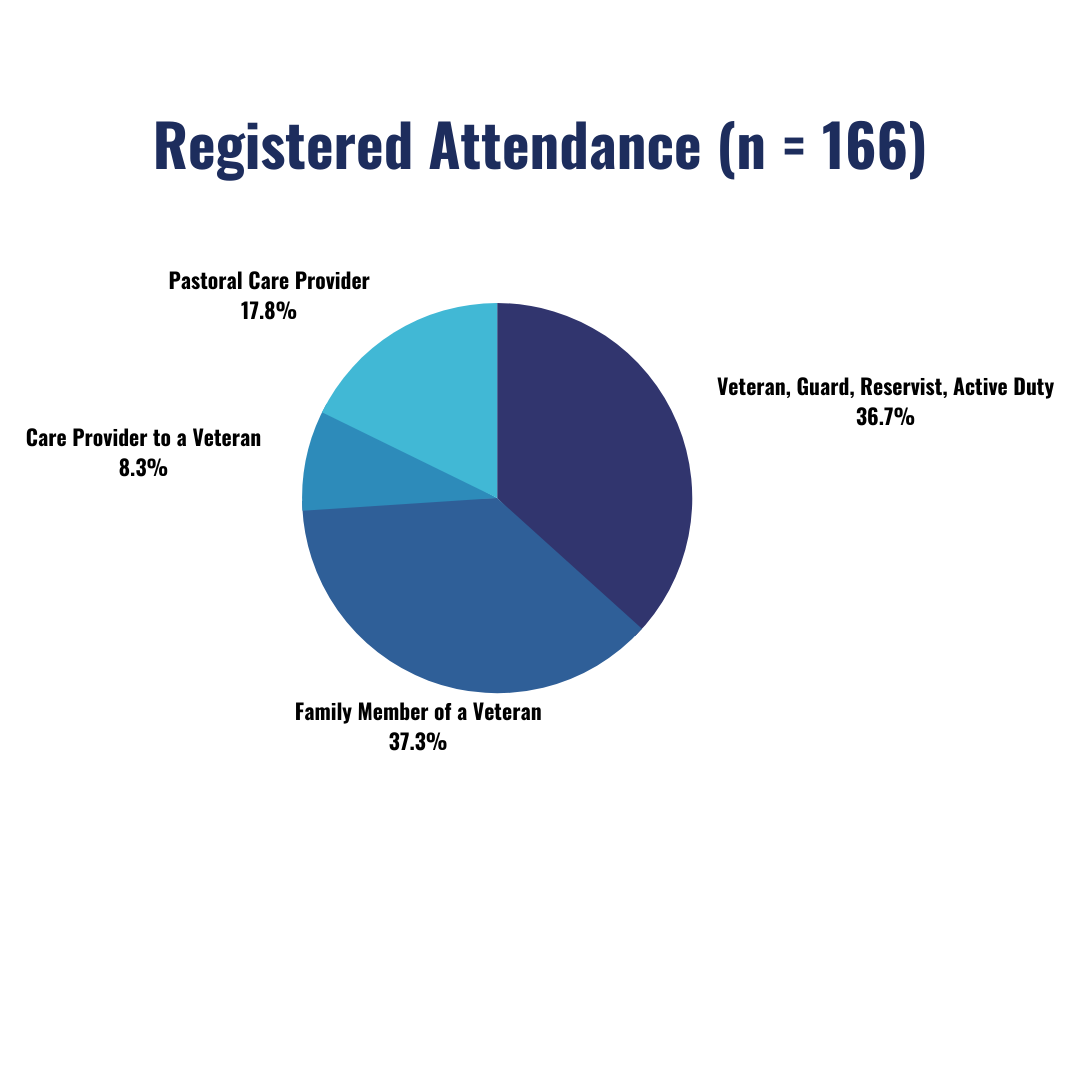



How Can You Connect with Veterans in your Community?
There are many organizations in America that create opportunities for veterans to connect with other veterans and civilians. A few membership based organizations follow. We encourage you to sign up for these organizations (for free), and then show up, get to know veterans, and build authentic relationships with them.
Veterans and Military may also find a list of Veteran Military Friendly Congregations (VMFC), a program that promotes community, acceptance, and support for Veterans and their families in congregations across America that are accredited as a VMFC through the Military Chaplains Association of the United States of America. To learn about a VMFC congregation in your area, or to apply to become one, please visit: Veteran Military Friendly Congregations (VMFC) by the Military Chaplains Association.
Proximity 2021 speakers
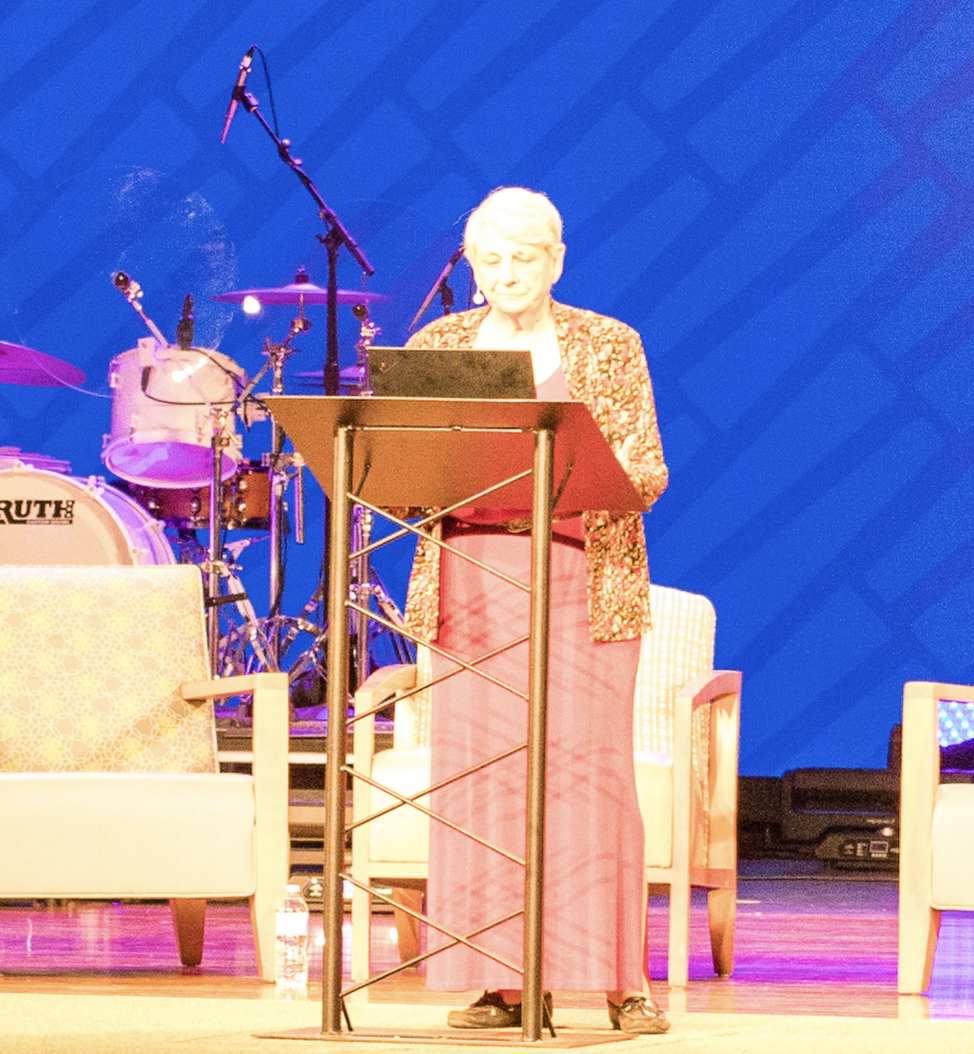
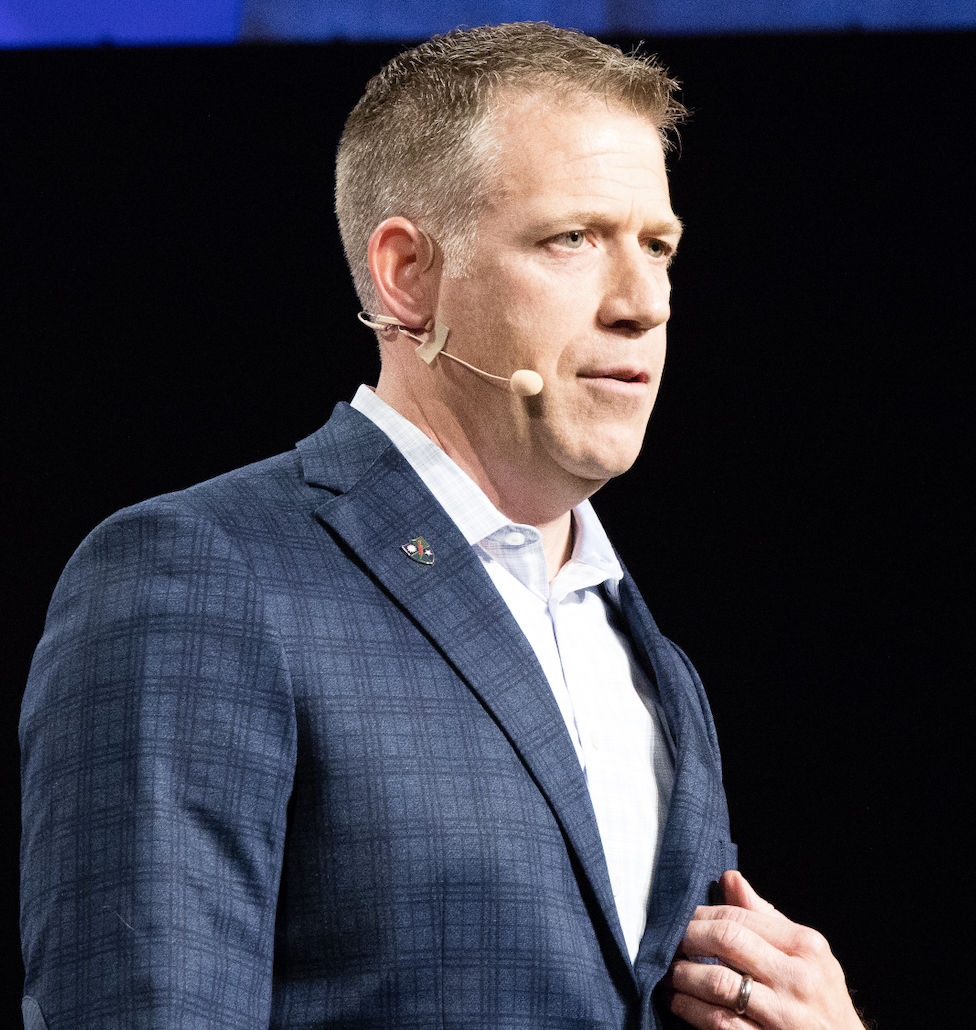
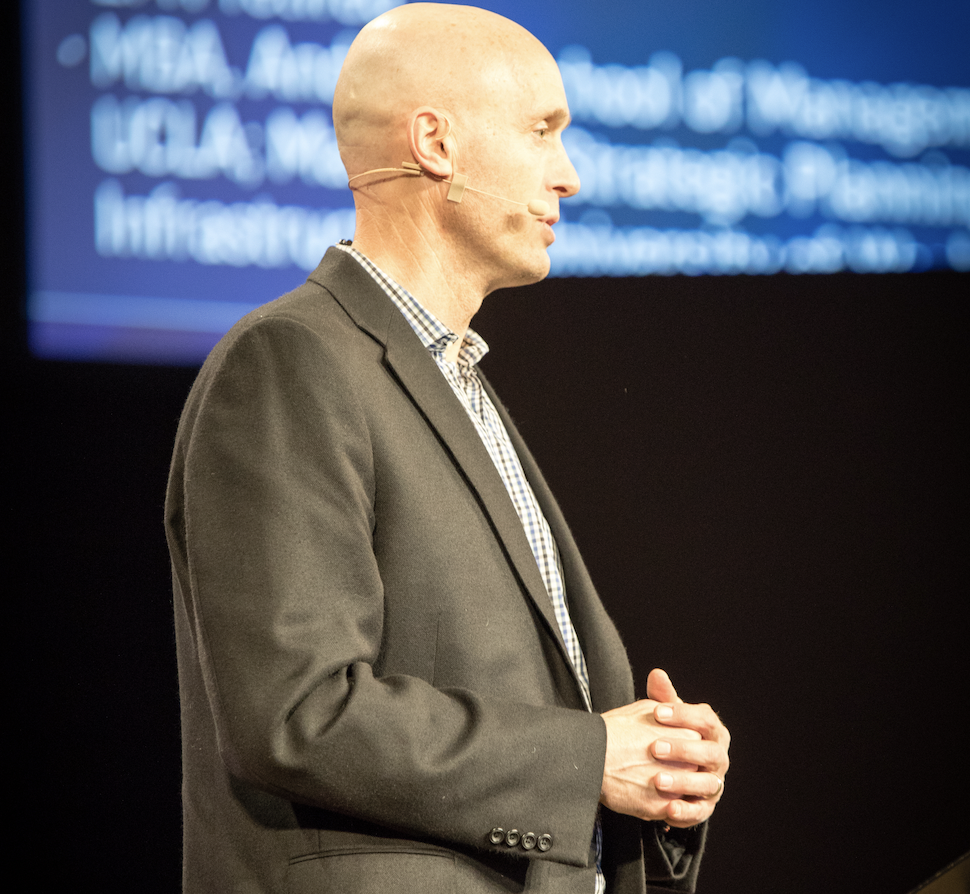
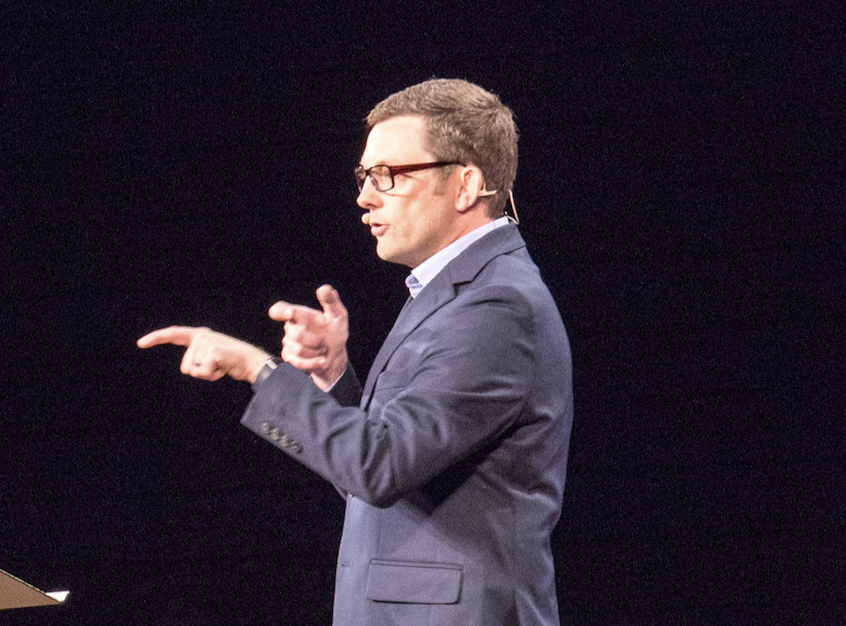

Rev. Dr. Jan Mccormack
Jan is a chaplain and retired Air Force Lieutenant Colonel who holds her DMin. from Denver Seminary. Dr. McCormack is a founding member of Women United in Ministry and is among the first generation of women who served as a military chaplain. She is the 2021 recipient of the National Citizenship Award by the Military Chaplains Association of the United States of America, and is the chair and associate professor of Chaplaincy and Pastoral Counseling Programs at Denver Seminary.
Brandon Young
Brandon is a former US Army Ranger who conducted four rotations to Afghanistan and is the co-founder/ principal at Applied Leadership Partners. He’s been published in various peer-reviewed academic journals for his work as a co-developer of the Enriched Life Scale and is currently pursuing a Masters of Divinity in Leadership at Denver Seminary (2023).
Matt Kress
Matt is Senior Manager, US Community Impact at Starbucks Coffee Company, leading the Veterans and Military Affairs (VAMA) program, with a focus on strategic initiatives, national partnerships and mental health and wellness in the military and first responder communities. Prior to his position at Starbucks, he served in the Marine Corps for 22 years as an enlisted Marine and commissioned officer in both active duty and reserve assignments. After leaving active duty, he spent 10 years as a Firefighter/EMT while in the Marine Corps Reserves. Matt has an MBA from the Anderson School of Management at UCLA and a Masters in Strategic Planning for Critical Infrastructures from the University of Washington.
Mike Greenwood
Mike served as an infantryman in the glorious 10th Mountain Division in both Afghanistan and Iraq and is the founder and head financial strategist at The Climb To Glory. Using the Post 9–11 GI-Bill, Mike obtained his BBA from Pace University in late 2011, becoming the first person in his family to graduate from college. He is a Ramsey Solutions trained Financial Coach.
Babe Kwasniak
Babe is a West Point graduate and the Civilian Aide to the Secretary of the Army (CASA) in the State of Ohio. He is a former Infantry Officer, Division 1 basketball MVP, and has won five basketball championships in the state of Ohio as both a player and a coach. Babe is the head basketball coach for Cornerstone Christian Academy, a Board Member of the Fellowship of Christian Athletes Ohio, and is a member of the Ohio Veterans Hall of Fame.
Proximity 2021 Event Photos: @kylejbartlett photography
Additional Resources
Engage 360 Podcast: The Experience of Moral Injury
September 20, 2021 | Brandon Young
With the 20 year anniversary of 9/11 and conversations around the 20-year war in Afghanistan top of mind, this timely discussion with US Army veteran and Denver Seminary student Brandon Young sheds light on the experience of moral injury in post-combat veterans. He shares the realities of damage to the soul, the struggle of moral and ethical conflicts, and trust in those processing experiences in war so that civilians, pastors, and community leaders can have compassionate and empathetic interactions.
This 45 minute Denver Seminary Engage 360 podcast episode recorded with Don Payne and Brandon Young offers a theological and practical introduction to moral injury
Moon, Zachary. 2019. “‘Turn Now, My Vindication Is at Stake’: Military Moral Injury and Communities of Faith.” Pastoral Psychology 68 (1): 93–105. doi:10.1007/s11089-017-0795-8.
This 2018 “Pastoral Psychology” article deals with the way that communities of faith can interface with military moral injury. The author defines moral injury, distinguishes it from post traumatic stress disorder (PTSD), and suggests the space for pastoral care as an approach to treat this condition. Moon suggests practical components of an approach to pastoral care in this demographic and useful spiritual practices for a pastoral approach to caring for military veterans.
Nazarov, A., R. Jetly, H. McNeely, M. Kiang, R. Lanius, and M. C. McKinnon. “Role of Morality in the Experience of Guilt and Shame within the Armed Forces.” Acta Psychiatrica Scandinavica 132, no. 1 (July 2015): 4–19. doi:10.1111/acps.12406.
This 2015 “Acta Psychiatrica Scandinavia” article examines PTSD and moral injury rates within the US and Canadian military veteran population and the link to suicidal ideation and suicide. This article points out that, “experiences of guilt and shame are reported widely in individuals with PTSD (21–23) and that both guilt and shame are closely linked to suicide and suicidal ideation in military samples (37–39).”
Starnino, Vincent R., W. Patrick Sullivan, Clyde T. Angel, and Loaunne W. Davis. 2019. “Moral Injury, Coherence, and Spiritual Repair.” Mental Health, Religion & Culture 22 (1): 99–114. doi:10.1080/13674676.2019.1589439.
This article details a qualitative study of 18 veterans in the care of a midwest Veterans Affairs Medical Center (VAMC) participating in a spiritually and psychologically integrated group treatment system called Search For Meaning (SFM). SFM was developed by the VAMC Chaplain and offers a structured group experience to unpack moral injury associated with military trauma. The article cites that many of the participants reported a reduction in spiritual connection and religious activity as a result of their military service, yet also suggests that participants who engaged in the SFM process showed improved positive association with returning to church, reduction of anger with God, acceptance of the traumatic situations, and forgiveness.
Cover Photo: @pricetac via Unsplash


